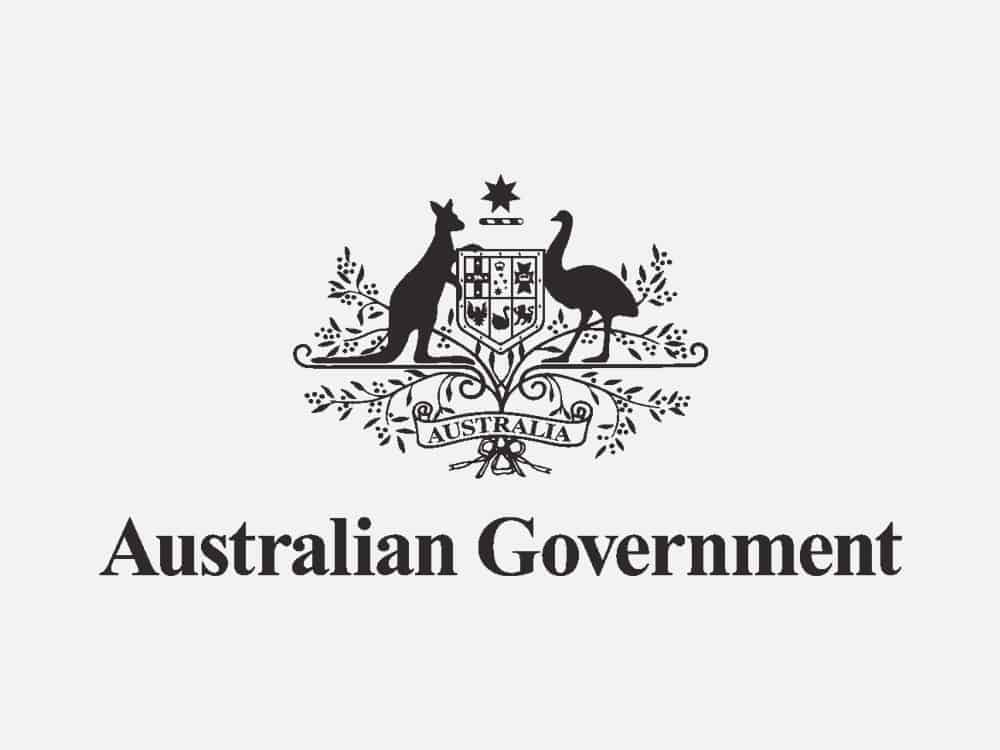Self-managed super funds are closely monitored by the ATO to ensure regulations are being met across all areas. It is the responsibility of SMSF trustees to comply with all related super and tax laws.
The ATO is looking into a number of high-risk areas within SMSFs this year, specifically, limited recourse borrowing arrangements (LRBAs), transfer balance account reporting (TBAR) and attempts at accessing super before preservation age.
Limited recourse borrowing arrangements:
The ATO this year announced plans to contact trustees with high concentration risks in their funds. LRBAs allow a superannuation fund to borrow under strict conditions. The existing population of SMSFs that have entered into LRBAs, potentially on the basis of poor or conflicting advice, has been rated a medium to high-risk by the ATO. In 2017, $42.2 billion of LRBAs accounted for 5.6% of total SMSF assets. The most popular of these assets were property, with approximately 95% of the LRBAs for this purpose. Due to this prevalence, the ATO has concerns about the risk of members’ retirement savings in the event of a property decline.
Transfer balance account reporting:
The ATO has identified a number of key concerns in TBAR since its commencement in July 2018. TBAR is used to advise the ATO when a transfer balance account event occurs within an SMSF, enabling an individual’s transfer balance cap and total superannuation balance to be recorded and tracked. One area the ATO will be monitoring is the reporting of capped defined benefit income streams. In 2018, approximately 86% of SMSFs had failed in their reporting obligations in this area. These errors identify a lack of awareness among SMSFs of their reporting obligations to the tax office.
SMSFs being accessed before preservation age:
Another area of concern for the ATO regarding SMSFs is that these types of funds are being used to gain access to super before preservation age. Preservation age is dictated by the year in which you were born and super cannot legally be accessed before you reach this age. A growing number of investors in their 30s, far off from their preservation age, are moving their super into an SMSF in an attempt to gain access to their super early. The ATO has noticed an increase in this strategy in the last five years. If found to be doing this, penalties can include funds being wound up, a 45% tax impost being applied, administrative penalties which have a cost attached, or being disqualified from running a fund.
Further SMSF contraventions:
The ATO is also looking into possible problem areas in relation to SMSF contraventions. Loans to SMSF members, in-house assets, investing in related party assets and a failure to keep assets separated have accounted for the bulk of contravention reports.
The ATO also lists administrative errors, sole purpose breaches, borrowings, operating standards and acquisitions of assets from related parties as categories also seen in contravention reports.
To avoid these issues in your funds, make sure that your SMSF keeps detailed records to help substantiate transactions. It would further benefit trustees to have in place an adequate strategy that deals with the potential risks involved in borrowing arrangements and be aware of their reporting obligations for transfer balance accounts.
If you need help with compliance and managing your self-managed superannuation fund, contact our specialist SMSF team to see how they can help.








